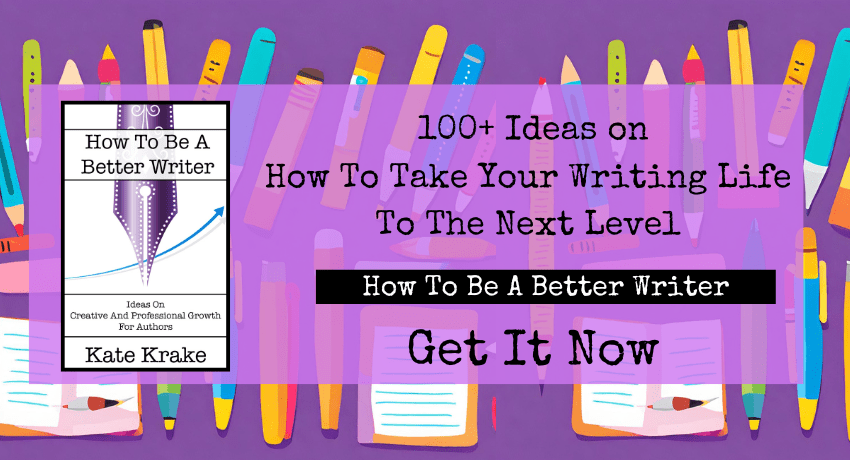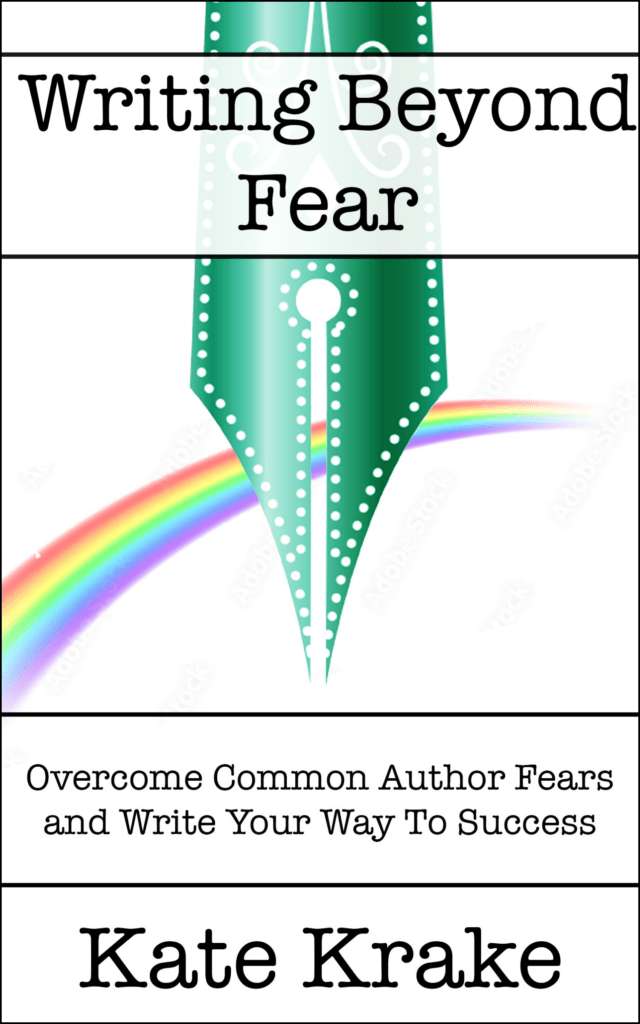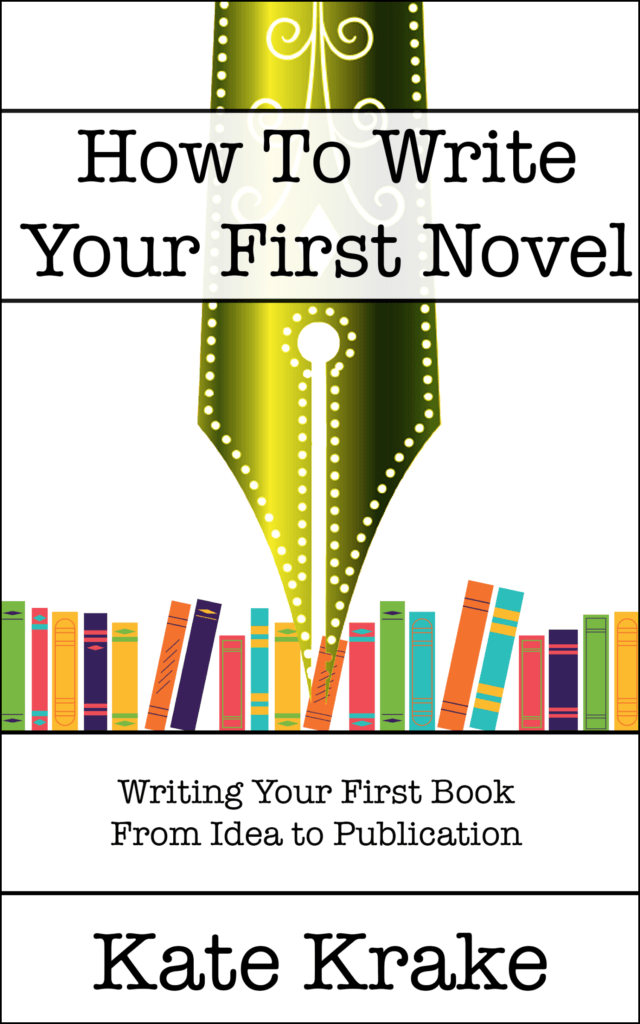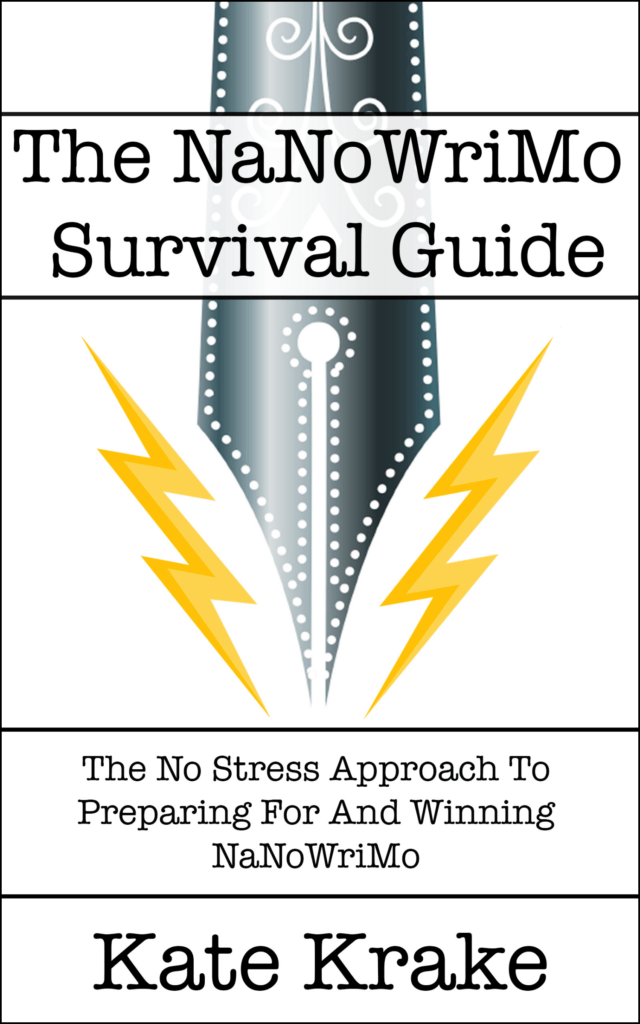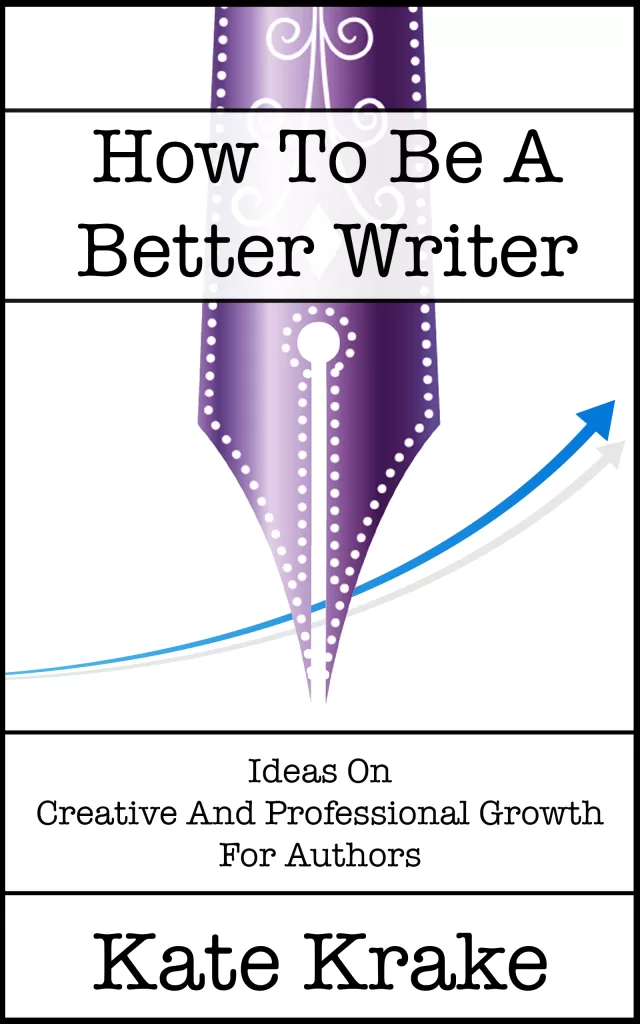New ideas and prompts for positive changes are excellent, but they only work if we give ourselves time to absorb them, implement them, see how they work for our own lives, and then wait to see the results.
When I first started writing as a “this is what I what to do with my life” kind of beginner, I devoured every book of writing advice I could get my hands on.
That was almost fifteen years ago.
I still read a lot of writing advice books. They’re usually of a specific nature (learning different narrative structures is my big thing these days, as well as marketing), though I tend to more enjoy the memoir style writing books like Writing Down the Bones by Natalie Goldberg, or Big Magic by Elizabeth Gilbert.
Writing podcasts are a big thing for me too. I’ll listen to four or five a week, with at least two of those being absolute Must Listens every week.
And of course, there are the blogs (like this one).
For over a decade, I have consumed billions of words of advice. And I’m not the only writer like this. You’re reading this, you’re likely one of us.
We read and listen to all of this stuff, looking for the magic bullet.
The piece of advice, the anecdote, the method that’s going to gel our writing lives together, triple our productivity, and rocket us to the top of the bestseller list.
But here’s the weird thing…
We KNOW there’s no magic bullet.
I’ve tried a lot of different approaches to writing and living a writer’s life, I KNOW what will not work for me. Yet, I still fall victim to something that’s a real danger to new writers.
Advice overload.
And with that comes….
Fear of Missing Out (FOMO).
Fear of Doing It Wrong.
Imposter Syndrome.
Comparisonitis
One day, I’ll be going along just fine, writing steadily with a healthy, sustainable long-term view, and then I’ll suddenly start feeling dissatisfied with my life and writing. Nothing I have made or am making seems of any real value. My progress is too slow. I should be publishing more books, better books, damn it!
More often than not, when I think about WHY I’m feeling like that, I can connect it to an interview I’ve just heard or something I’ve just read from a successful author who’s living a very different life to mine.
I want to publish a novel every 6 weeks too!
I want to blog every day too!
I want to have a podcast too!
I want to write a serial too!
I want to earn seven figures a year with my writing too.
…Just like So-And-So Writer does.
The problem lies in that last sentence.
No one’s life is the same as mine or yours. Even when we have a lot in common.
There are so many times I’ve been analyzing my life and writing in the context of someone else’s experience and then discover: This person does not have kids (or does not have little kids like I do); This person is happy to exist on 4 hours sleep; This person does not take out two hours a day to tend to their physical health; this person….. insert any number of variables here.
I have the same issues when I listen to too many health and lifestyle type podcasts.
While listening, I feel inspired and motivated, and look forward to implementing positive changes in my life. But then offline, I find those changes aren’t really helping, so I go back online looking for another fix (and I use that term on multiple levels – advice is like a drug).
It becomes a cycle.
This year, I’ve taken a break.
A break from listening to life-hacks, to writing and creativity advice. My focus is on my own life patterns without someone else’s voice in my ears constantly telling me (with the best of intentions) how to do it differently.
New ideas and prompts for positive changes are excellent, but they only work if we give ourselves time to absorb them, implement them, see how they work for our own lives, and then wait to see the results.
I’m not claiming I don’t listen to or read anything now. I’m just selective of what I listen to, how much I listen to, and where. And I’m careful of HOW I listen to advice so I can still benefit from others’ knowledge but avoid the advice overload trap.
So, how do we avoid advice overload and still use these resources to best benefit ourselves?
It starts with self-knowledge.
Know who you are.
Know what you want.
Knowing what your version of success means in this context can be very helpful, but even that has its variations.
You might share a version of success with one author regarding your goal income, or how many books you publish, but that success has to exist alongside the other aspects of your life.
How much time do you want to spend with your family and friends? How much sleep do you want? How much time do you want for exercise? How much time at the screen do you want? How much screen time do you want your kids to watch while you get your writing done? How much time do you want to carve out to play and pursue other interests outside of writing? How clean do you want your house?
Remember, every version of the writer’s life we hear or read is a curated version (even this blog!).
I’m not saying that these authors are inauthentic. We all present a polished version when we put something into the world, but there’s a whole wild ocean underneath that little shiny bit everyone gets to see.
By all means, listen and absorb the experiences of other writers so that you can find ideas on methods you might like to try out.
And then carve out your own version.
Always keep your own experiences and desires at the forefront of deciding what you’re going to try out.
Your life belongs to you.
Your writing belongs to you.
Develop your own process and, as that takes shape and work for you, remember to trust it.
You are your own writer.
Believe in your process.


